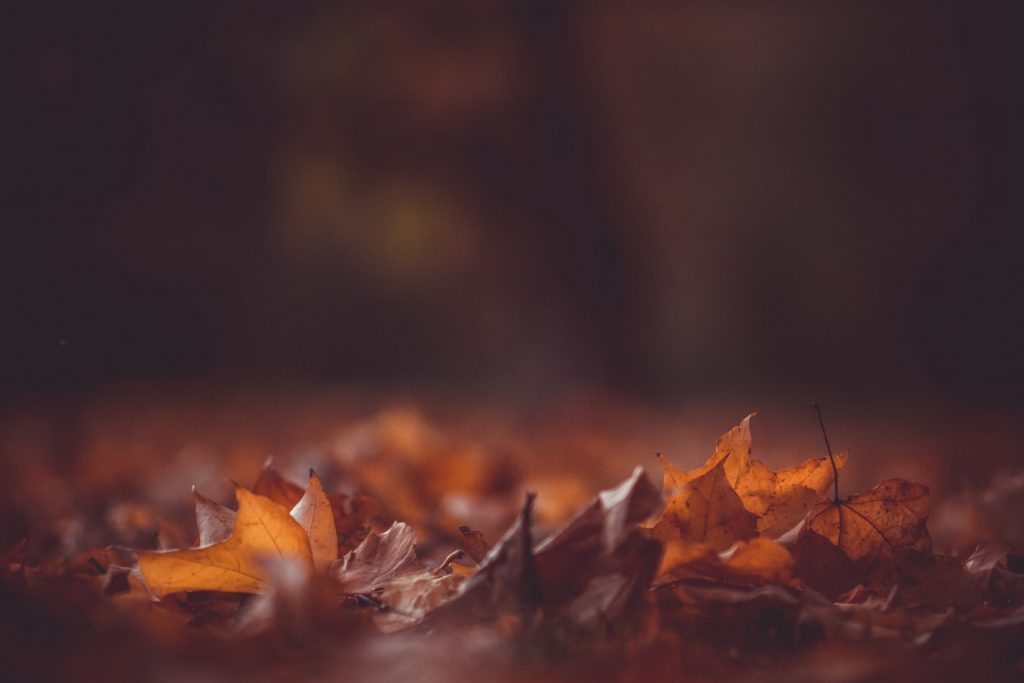Fall in Wyoming Brings More Slips…and Falls

Being a mountainous state, Wyoming sees snow throughout the year. During the fall and winter months, storms can be particularly bad, and the amount of snow and ice on sidewalks, parking lots, and other public walkways can be dangerous to pedestrians.
So, are homeowners and business owners in Wyoming legally required to remove snow, ice, and other debris? Can you sue if you do slip and fall on someone else’s property?
Open and Obvious Hazard
In Wyoming, property owners are responsible for keeping their property reasonably safe for people who legally enter it. However, visitors are responsible for avoiding open and obvious hazards. If a large patch of ice is sitting in a parking lot and someone steps on it, even though the surrounding areas are clear of ice, and he falls and breaks his arm, the property owner may not be liable for his medical bills. A jury would probably consider the patch of ice “open and obvious,” and the visitor could have avoided it.
But, open and obvious hazards do not bar people from recovering damages completely if they are hurt on someone else’s property. Wyoming operates under a comparative fault law. Under this law, injury victims may be held partly responsible if they contributed to the accident, but the defendant they’re suing is still responsible as well. A judge or jury will assign a percentage of the fault to the victim, and any compensation the jury chooses to award to the victim will be reduced by that same percentage. Did you get a $1 million verdict, but the jury thought you were 20% to blame for your injuries? You can still receive $800,000 from the at-fault party.
Natural Accumulation
In Wyoming, property owners are not responsible for natural accumulation on their property, which could apply to seasonal hazards such as fallen leaves, ice, and snow. The law states that if property owners do not maintain part of their property, and a natural accumulation builds up and someone gets hurt, the property owner may not be responsible. On the flipside, if the property owner did try to clear the accumulation but didn’t do a good job, they’re probably going to be held responsible for a victim’s injuries.
This can be confusing. For example, while a farmer may not maintain the back acres of his property and therefore not be responsible for injuries that occur there, a homeowner is expected to clear her driveway and front steps. Because the law expects homeowners to use their driveways and front steps, it is reasonable to expect that visitors will use them as well. As such, homeowners will likely be held liable for any injuries that occur as a result of natural accumulation in their driveways.
Let’s look at another example. A store owner may not maintain his parking lot himself, but may hire someone else to do it. If a low point develops in the parking lot and ice accumulates there, is the store owner responsible for clearing it? Or is the store owner free from liability because it’s considered natural accumulation? A Gillette premises liability attorney can review any case involving a slip-and-fall and investigate who is responsible for your injuries.
How to Keep Property Safe
Of course, no one wants anyone else getting injured on their property. And no one wants to be taken to court after an accident. To avoid both situations, there are things that business owners, homeowners, and other property owners can do to ensure their property is safe for lawful visitors:
- Don’t leave clutter on the floor.
- Fix or replace loose floorboards.
- Repair defective sidewalks, or contact the city to repair them.
- Fill in any potholes that may be present in a parking lot.
- Ensure staircases are well-constructed and maintained properly.
- Replace any tears in carpeting as they happen.
- Place signs on floors that have been recently mopped or waxed.
- Place warning signs for other hazards outdoors.
- Shovel snow off driveways, parking lots, and walkways.
- Salt ice to melt it and prevent it from accumulating.
A slip-and-fall can happen in an instant, but the consequences can last a lifetime. Anyone who has been injured in a slip-and-fall accident on someone else’s property should speak to an attorney. Steven Titus & Associates, P.C., can advise you on whether or not the property owner can be held responsible for your medical bills, lost time at work, pain and suffering, and other expenses. Give us a call today at (307) 257-7800 to set up your free consultation. We charge nothing unless we get you the money you deserve.

Your FREE Case Strategy Session
On All Injury and Criminal Cases
Contact our office right now to speak to
someone who wants to help you.